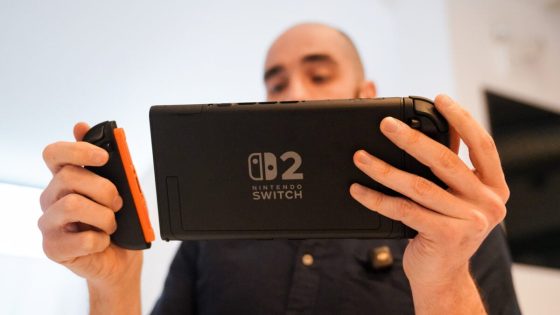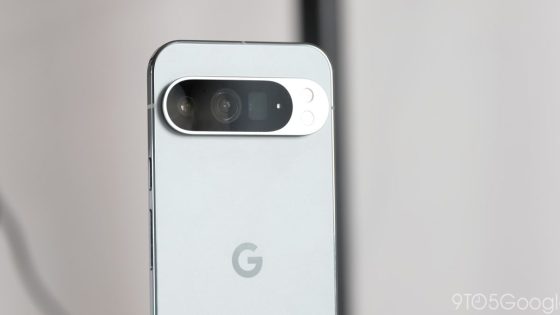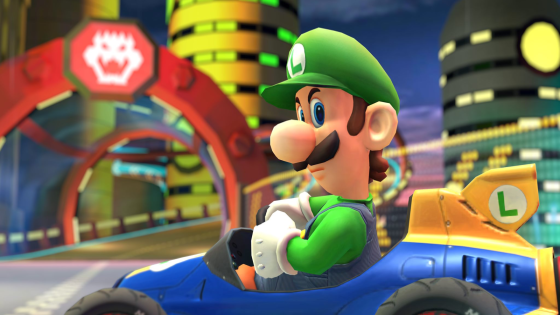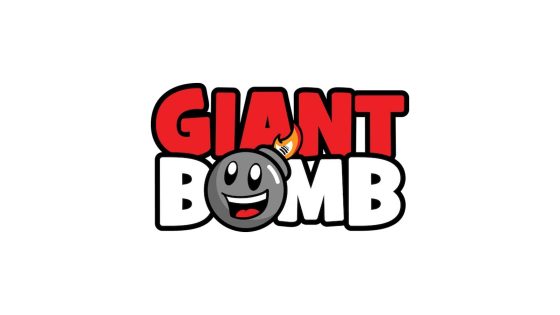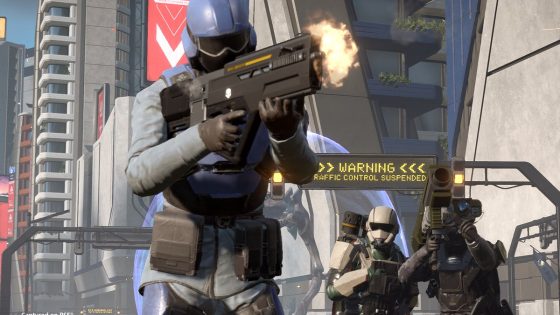Nintendo’s new Virtual Game Cards are causing quite a stir in the gaming community. Designed for the Switch and Switch 2, these cards aim to simplify game management, but they come with significant restrictions. As reported on June 6, 2025, players are facing challenges that could alter their gaming experience.
- Virtual Game Cards restrict game ownership.
- Local save data tied to one console only.
- Game transfers require both consoles present.
- Save data can be accidentally deleted.
- Sharing games involves complex transfer process.
- Nintendo’s DRM limits user control over games.
While the concept of Virtual Game Cards was initially appealing, they impose strict digital rights management (DRM) rules. Users must have their original Switch nearby to access their games, leading to frustration among gamers who expect seamless gameplay across devices.
This situation raises an important question: Are gamers willing to accept such limitations in exchange for digital convenience? The backlash against these restrictions highlights broader concerns about ownership in the gaming industry.
- Increased frustration among gamers could lead to a decline in Nintendo’s user base.
- Restrictions may push players toward more flexible platforms like Steam.
- Heightened awareness of digital ownership issues in gaming is likely to grow.
As the gaming community continues to voice its concerns, it remains to be seen how Nintendo will adapt. Will they listen to their players and rethink their approach to digital ownership?



